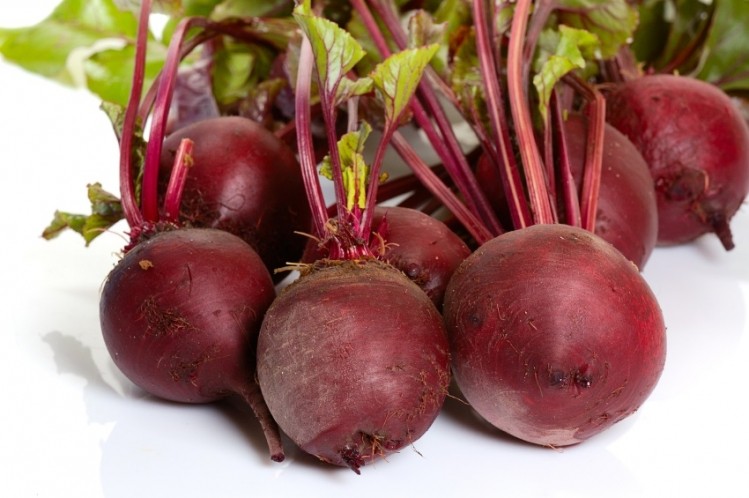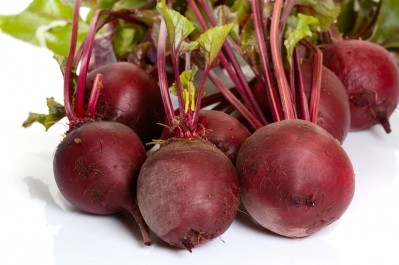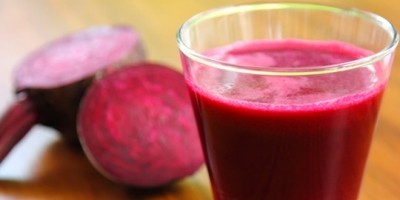Special Edition: Eye health
Beeting eye disease

“Beets are so healthy for you that it got me researching how effective they would be at helping to restore vision,” said Dr. Edward Kondrot, who is also the president of the Arizona Homeopathic and Integrative Medical Association and the clinic director of Integrative Medicine of the American Medical College of Homeopathy. “What I found is that they are a great natural source for improving eye health. A colorful diet will give colorful vision.”
Indeed, beetroot is high in antioxidants and is an anti-inflammatory that can help to detoxify the body. But it is also among the richest source of dietary nitrates.
“Beets have an extremely high concentration of nitrates, which have gotten a bad rap as a preservative,” Dr. Kondrot told NutraIngredients-USA. “But they’re actually essential to producing nitric oxide in the body, which in turn helps open the body’s blood vessels, increase blood flow and oxygen, and allow more nutrients to fuel the body’s cells.”
Though oft associated with enhancing sexual performance in men, Dr. Kondrot said his interest in nitric oxide pertains to its ability to strengthen corneal endothelial cells. “When it comes to eye disease, one of the biggest problems is vascular dysfunction, and anything we can do to improve the endothelium is good for the eyes.”
NutraIngredients-USA hasn't seen any published data linking beets to improved eye health, though previous research has linked dietary nitrate supplementation with improved endothelial function in healthy humans (see here).
Mouthwash, antacids can deter absorption of nitrates
One cup (200 grams) of beetroot contains about 500 mg of nitrate, which is typically the amount recommended daily to achieve the desired benefits. That’s roughly the equivalent of six beets, depending on the quality of the beet. Dr. Kondrot noted that improvements can be seen in as little as three months.
A key piece of the body’s ability to convert nitrates to nitric oxide is the role of digestive enzymes in the saliva and stomach. Although beets contain a little naturally occurring ascorbic acid (which aids in absorption), consumers who frequently use mouthwash or take antacids can actually destroy the enzymes needed for this conversion.
“That’s probably a big contributor to deficiency of nitric oxide in American diets,” Dr. Kondrot said. “That’s also perhaps one of the reasons why drinking beet juice works so well, because it has a greater surface area to come in contact with during digestion.”
It also may prove a suitable alternative for those less inclined to shovel in in six beets a day.






